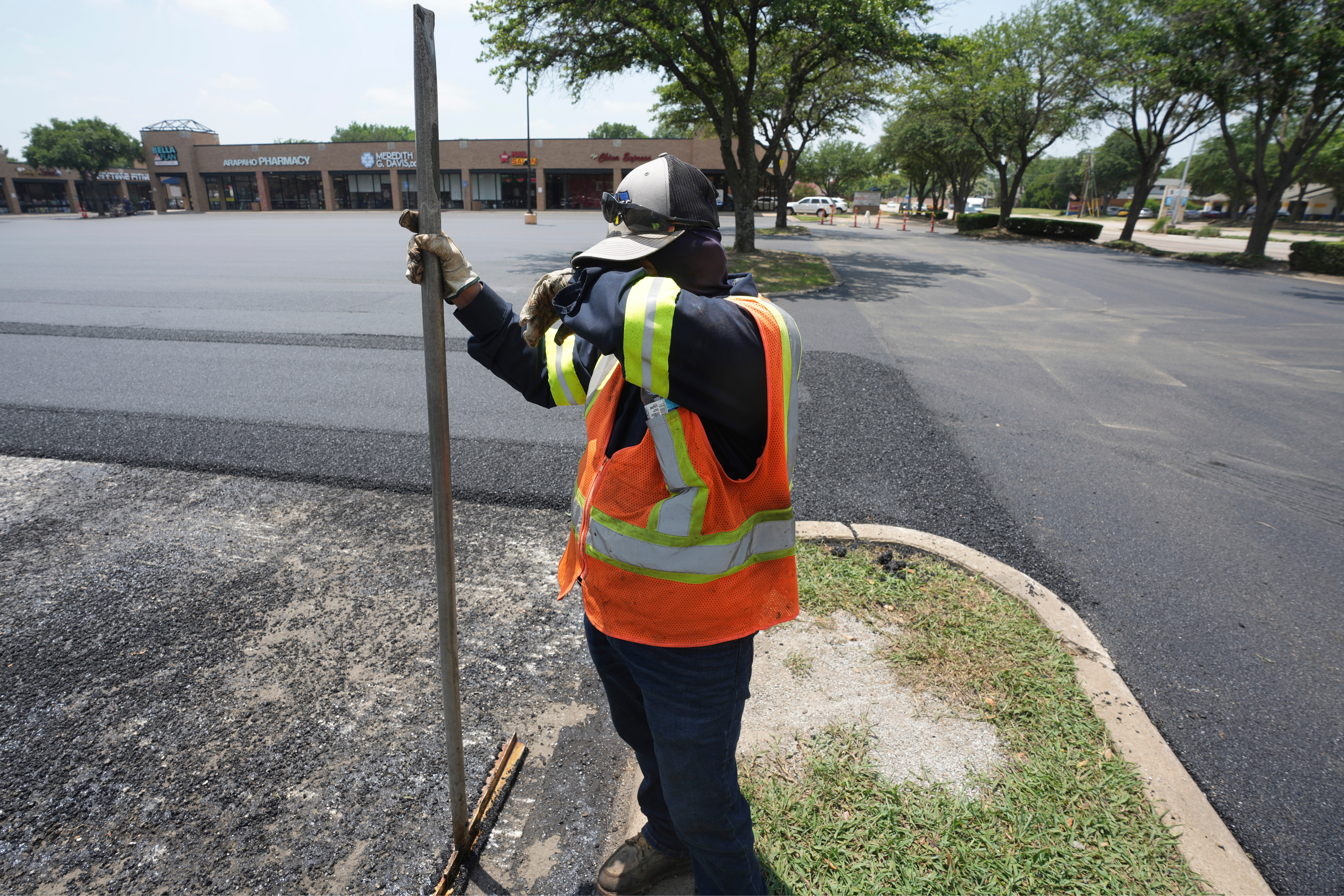
‘Landmark’ Wage Theft Conviction Overturned by Texas Appeals Court
The first conviction obtained under a 2011 state wage theft law has vanished. An El Paso construction worker won’t see a dime of what he’s owed.

Esteban Rangel just wanted justice. A 45-year-old from Ciudad Juárez, Rangel has worked construction in El Paso since he was 17. In that time, he’s seen scores of immigrant workers cheated by employers — always without consequence.
“Workers who aren’t paid by their employers, if they go steal a gallon of milk or diapers for their kids, they go to jail,” Rangel said. “But these bosses that are stealing every day? Never.”

So in late 2011, when a contractor named John Najera tried to pay Rangel only half of the $2,295 he was owed for a roofing job, Rangel didn’t let the matter go. With help from the Labor Justice Committee, an El Paso worker center, he reported the crime to police, resulting in Najera’s arrest for wage theft.
Rangel was availing himself of a 2011 state law that addressed a gaping legal loophole and energized Texas labor advocates. Previously, employers could avoid prosecution by paying only part of the wages they owed workers. Senate Bill 1024, authored by El Paso state Senator José Rodríguez, made it a crime to withhold any payment.
Four years later, Rangel seemed to be the law’s first success story. In 2015, an El Paso jury convicted Najera of felony wage theft. He was sentenced to three years’ probation, fined $5,000 and ordered to pay Rangel in full. It was apparently the first such conviction in Texas. “This conviction is a landmark in the fight against wage theft,” Rodríguez said at the time.
But the victory wouldn’t hold. In late July, Texas’ Eighth Court of Appeals vacated the decision on a technicality: Prosecutors couldn’t prove that when the Labor Justice Committee mailed notice to Najera demanding payment, the group included a request for a return receipt. It didn’t matter that Rangel had demanded his money dozens of times before the letter. A spokesperson for the El Paso DA said prosecutors won’t appeal. Rangel will never see a dime.

Convicting the worst wage thieves is supposed to act as a deterrent, said El Paso employment attorney Chris Benoit. “Unfortunately, this was one of those egregious cases and was overturned on a technicality,” he said. Across Texas, there’s little deterrence to speak of.
The Observer contacted four worker centers and couldn’t identify any other conviction using the 2011 law. Even after seven years, advocates report, many cops and prosecutors still don’t see wage theft as a crime. “It’s been a struggle to get authorities to take workers’ complaints seriously,” said Hector Guzman Lopez, an organizer with Fuerza del Valle, a worker center based in the South Texas city of Alamo.

Even Rodríguez concedes that his measure has been no panacea. “The existing wage theft law that I passed in 2011 has not cured the systemic problems, which are very difficult to uproot,” he said, though he added that the mere threat of criminal penalties has made some employers cough up. (Advocates say some bosses have been arrested using the law, just not convicted.)
Given the outcome in Rangel’s case, Rodríguez also promised to look at ways to clarify the notification requirement in the statute during next year’s legislative session.
UPDATE: Since this story published, the Observer was made aware of a recent wage theft conviction in Travis County. Isaias Avila pleaded no contest to Class A misdemeanor wage theft last Thursday and was sentenced to 15 days in jail, court records show. The Austin-based Workers Defense Project helped five workers report the employer to police for unpaid wages in 2016. Avila has waived his right to appeal.


